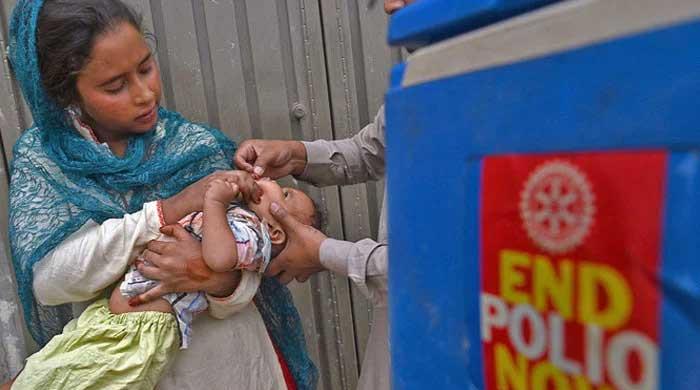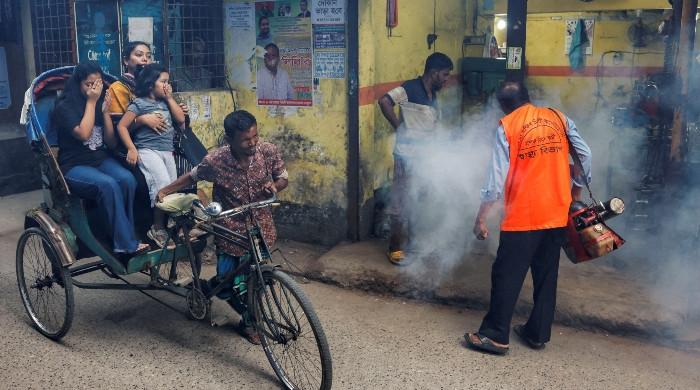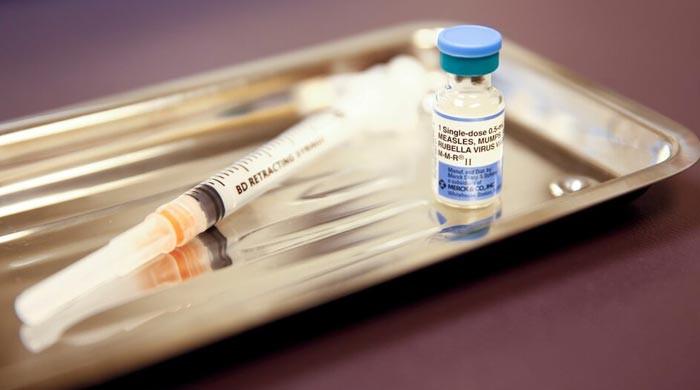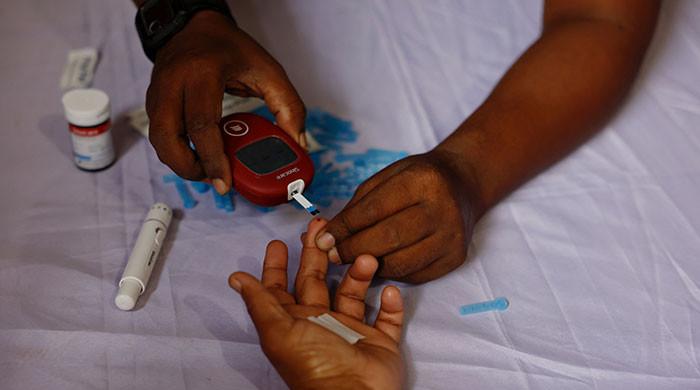Is letting your pet sleep with you a health hazard?
Co-sleeping with pet may look cute but it may not be healthy for you
February 05, 2024
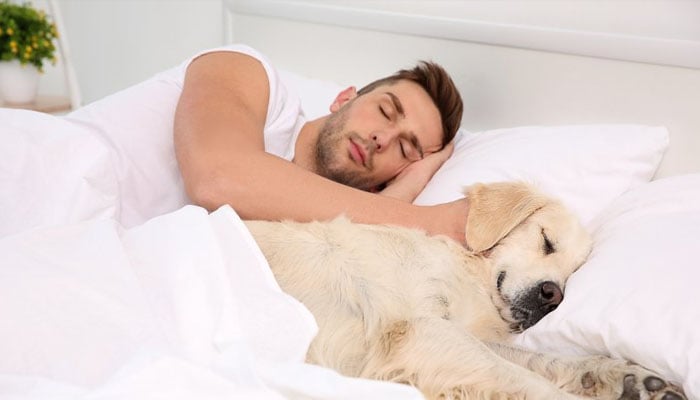
Pets are considered members of the family by many but is spending the night cuddling with a pet the healthiest thing you can do?
Sharing a bed with a pet is a common practice. A research conducted in 2015 found that 56% of participants who owned pets indicated their pets slept in their beds, whereas, a survey conducted in 2022 found that 46% of respondents agreed.
"There are a number of risks and benefits associated with sharing a bed with a pet, experts say. However, there is no rule or one-size-fits-all answer for whether you should allow your pet to sleep in bed with you," Jamie Whittenburg, DVM, veterinarian director at Senior Tail Waggers and director of Kingsgate Animal Hospital, told Health in a statement.
"The practice can come with some health risks, such as the transmission of parasites," said Whittenburg. On the other hand, there may be bonding and mental health benefits for both the pet and the owner as well.
According to Whittenburg, there are certain health hazards associated with the practice, such as the spread of parasites. However, there can also be advantages for the owner's mental health and bonding with the cat.
"The decision essentially comes down to personal preference, as well as the pet’s behaviour and any health considerations," she explained.
"Regardless of how much we love our pets, sharing a bed with them isn’t always the healthiest choice," Purvi Parikh, MD, clinical assistant professor and allergy and infectious disease expert at NYU Langone Health, told Health in a statement.
Despite having allergies, millions of Americans live with pets. According to Parikh, co-sleeping with a pet can result in allergic reaction symptoms like hives, sneezing, or itching eyes in the case of a pet allergy sufferer.
"Sleeping in the same bed as your pet could also expose you to parasites—these can be external, such as fleas or ticks, and internal, such as worms," Whittenburg said.
Additionally, pets may harbour zoonotic illnesses, such as bartonellosis, salmonellosis, and leptospirosis, which they may contract from polluted habitats or from other sick animals.




